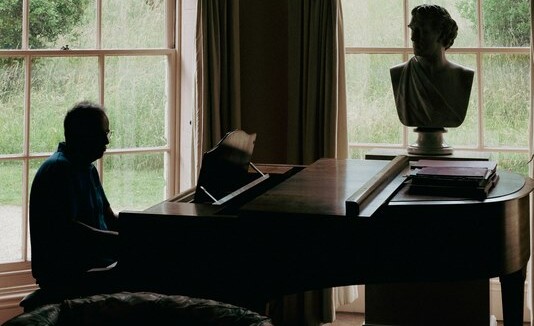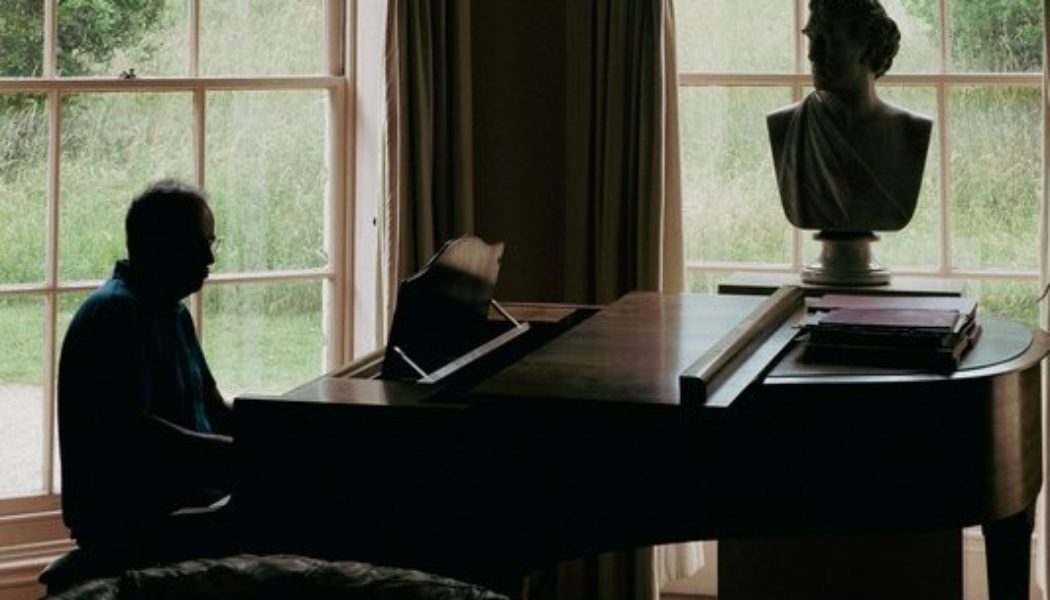
Playing a musical instrument has obvious rewards: the sense of fun and enjoyment, the ability to express feelings in different ways, and the satisfaction experienced as proficiency improves, but could it actually be making you smarter?
Well, scientists working on PROTECT, an online study open to people aged 40 and over, reviewed data from more than a thousand adults to see the effect of playing a musical instrument or singing on brain health, and what they found was that, apart from any benefits it has for emotional wellbeing, it actually improved the memory and cognitive speed of the 40-and-ups.
Over 25,000 people have signed up for the PROTECT study, which has been running for 10 years, and in order to come up with this exciting finding the team reviewed participants’ musical experience and lifetime exposure to music, alongside results of cognitive testing, to determine whether musicality helps to keep the brain sharp in later life.
The findings show that playing a musical instrument, particularly the piano, is linked to improved memory and the ability to solve complex tasks—known as executive function.
Continuing to play into later life provides even greater benefit. The work suggests that singing was also linked to better brain health, although this may also be due to the social factors of being part of a choir or group.
“A number of studies have looked at the effect of music on brain health. Our PROTECT study has given us a unique opportunity to explore the relationship between cognitive performance and music in a large cohort of older adults,” said Anne Corbett, Professor of Dementia Research at the University of Exeter.
“Overall, we think that being musical could be a way of harnessing the brain’s agility and resilience, known as cognitive reserve.”
“Although more research is needed to investigate this relationship, our findings indicate that promoting musical education would be a valuable part of public health initiatives to promote a protective lifestyle for brain health, as would encouraging older adults to return to music in later life,” she said in conclusion.

There is considerable evidence for the benefit of group music activities for individuals with dementia, and this approach could be extended as part of a healthy aging package for older adults to enable them to proactively reduce their risk and to promote brain health.”
Stuart Douglas, a 78-year-old accordion player from Cornwall, has played the instrument throughout his life and now plays with the Cober Valley Accordion Band as well as the Cornish Division of the Royal Scottish Country Dance Society.
YOU MAY ALSO LIKE: Children Do Much Better in Math When Music is Added to the Lesson: New Study
“I learned to play the accordion as a boy living in a mining village in Fife and carried on throughout my career in the police force and beyond,” said Mr. Douglas. “These days I still play regularly, and playing in the band also keeps my calendar full, as we often perform in public.”
“We regularly play at memory cafes so have seen the effect that our music has on people with memory loss, and as older musicians ourselves we have no doubt that continuing with music into older age has played an important role in keeping our brains healthy,” he added.
LISTENING ALSO HELPS: Music Helps Reconnect Elderly Patients with their Memories in New Study
The idea for the study came from University of Exeter Medicine student Gaia Vetere, a keen pianist, who contacted the PROTECT study team.
“As a pianist, I was interested in researching the impact of music and cognition. Being fairly new to the world of research and publishing, this was a challenging but also truly enriching experience,” she told the University of Exeter press.
The paper was published in the International Journal of Geriatric Psychiatry.
SHARE This Story And Encourage 40-And-Ups You Know To Start Playing…









